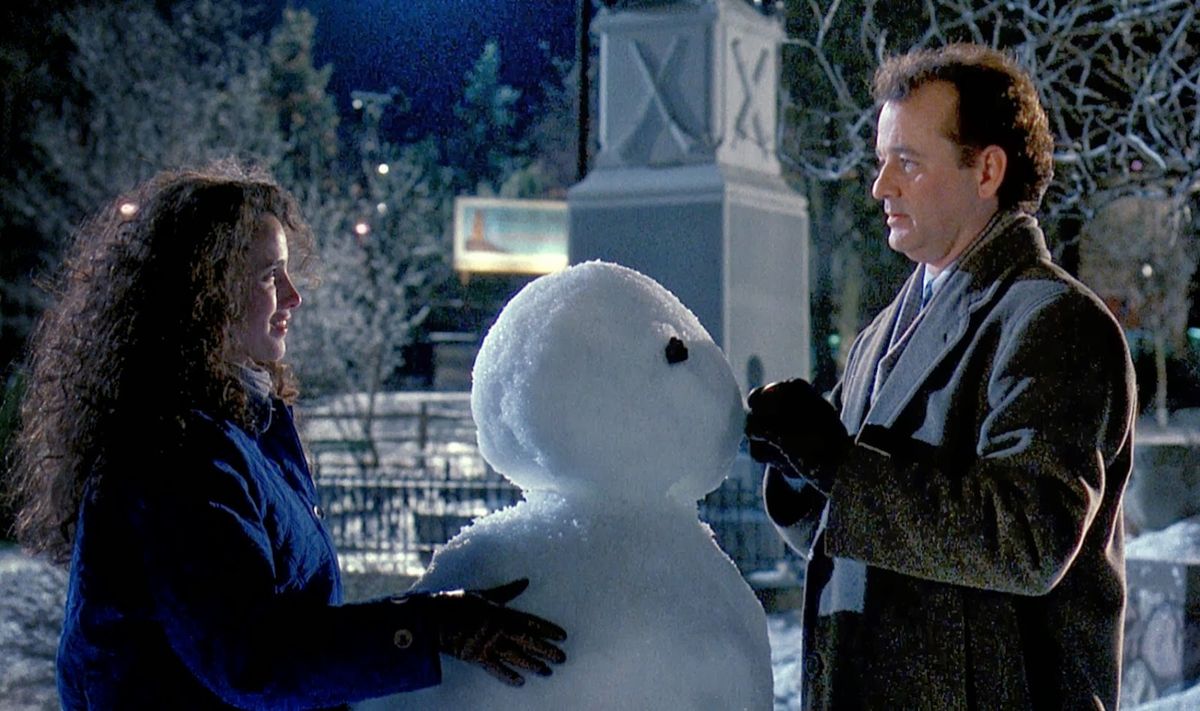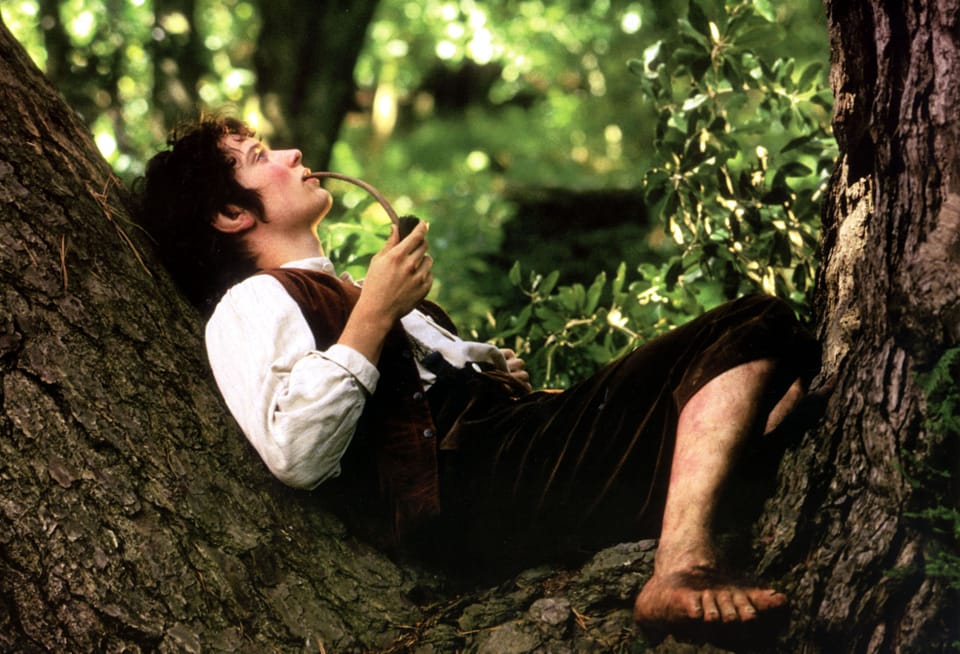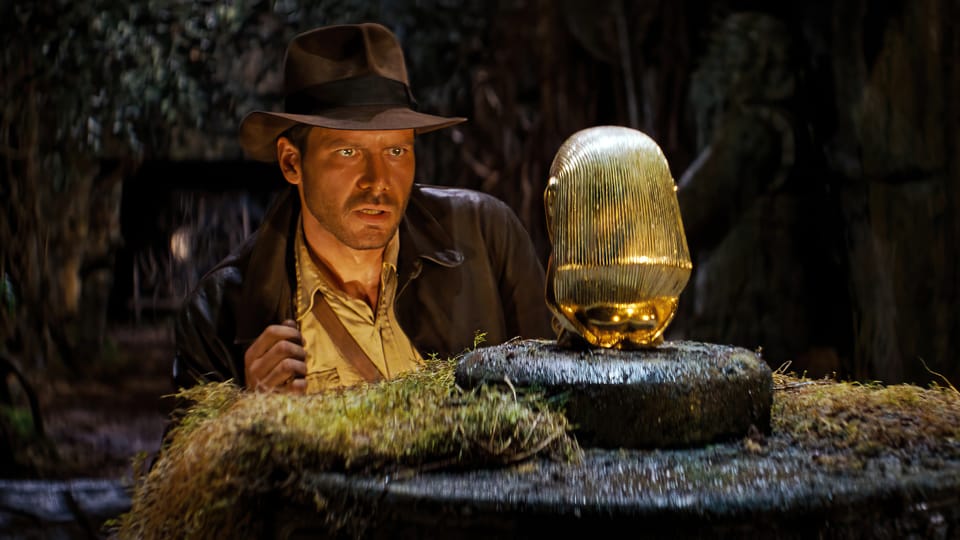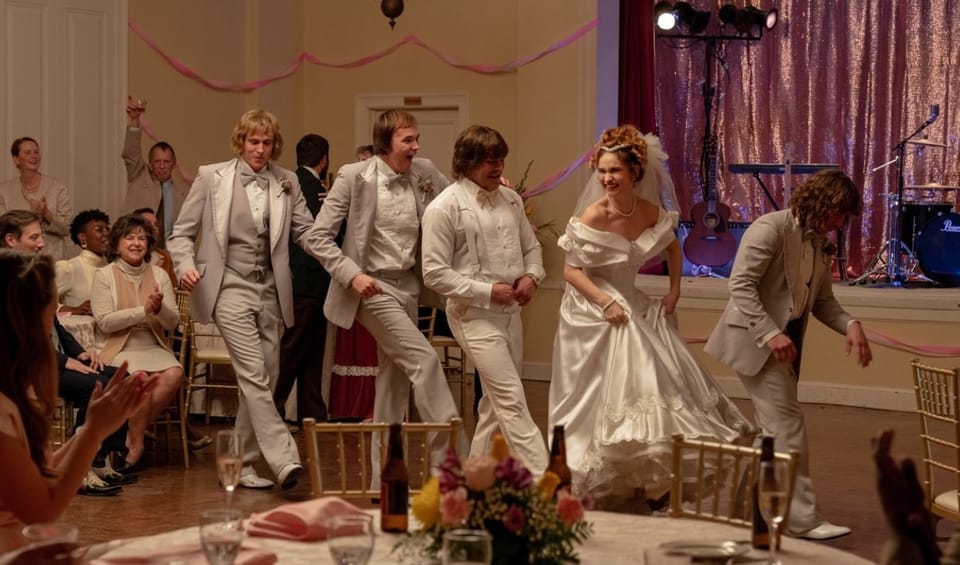Character is story. Story is character.
Here are three character questions I ask to help nail down the underlying needs that drive a character’s transformation.

The Story and Plot Weekly Email is published every Tuesday morning. Don't miss another one.
I am a big believer in repeating core principles again and again. Honestly, there are always plenty of small details to talk about, but the answer to most dilemmas can be found in the core principles.
One of those principles is that story is transformation.
Story is change.
It is about growth, or the tragic failure of it.
Like just about everything else we do, sometimes identifying the story is easy. Other times, it’s a battle every step of the way.
But my process requires knowing what story I am telling before I start outlining with any real certainty.
It’s one of two factors that dictate every major structural decision I make (the other one being the dramatic question.)
So, if I get in trouble, here are three character questions I ask to help nail down the underlying needs that drive a character’s transformation.
1) What does the character think they want?
What do they think is going to make them happy? What do they think is going to make them complete?
This is their want in the ordinary world, and it is sometimes what they want coming out of Act 1.
For example, in Groundhog Day, Phil thinks getting a more high-profile job will make him happier. He thinks sleeping with his coworker will make him happier. Getting out of town will make him happier. All these things he thinks he wants.
In Manchester By The Sea, Lee Chandler thinks he wants to be left alone. He doesn’t want any legitimate connection to the world around him.
In Bridesmaids, Annie thinks she wants things to remain the same.
In Ratatouille, Remy’s Dad, Django thinks he wants Remy to quit being weird, be a part of the clan, and use his talents for practical concerns like smelling for poison.
(Django transforms much more than Remy, so he is a better example for these questions of transformation. Plus, I wanted to show a supporting character as well!)
2) What does the character really want?
This is where you dig deep. This is where you push past the character's personality flaws, coping mechanisms, and outright lies a person tells themselves and ask what the character truly wants.
What is their emotional and spiritual desire that they don’t even know themselves?
“To be happy” is not an answer. They already know they want to be happy. They wouldn't need to change if they knew how to do it.
Remove all the material manifestations; what do they really want?
From my writing experience, I have found only so many answers to this.
There are only so many elemental human needs.
Nearly all come down to relationships. Often, it is the need to feel connected to the people around them and sometimes even the larger universe.
To be whole. A desire to be comfortable in their own skin.
To heal the hole in their gut that the wind blows through.
It is the inner want they don’t know exists, so all attempts to pursue it are clumsy and incompetent.
Like a little boy who pulls a girl’s hair because he likes her.
For example, Phil in Groundhog Day, he really wants a genuine, intimate relationship. He wants to be part of a community. He wants to have a place where he belongs.
Lee in Manchester By Sea wants what he lost. He wants meaning and connection again. How do we know that? Because losing it and the guilt it inflicted on him destroyed him.
Annie in Bridesmaids really wants agency in her own life. She wants the confidence back that she lost years ago.
Django, like any loving father, wants his son to be fulfilled and live to be the best version of himself that he can be.
3) What do they fear?
We don’t mean phobias here. This doesn’t mean fear of heights, or spiders. This means, down to the bone, spiritual darkness. The kind of thing you only admit when you're broken.
In Groundhog Day, Phil fears intimacy. He fears rejection; he fears he's not good enough. He even says so in the movie. He tells Rita that she's a better person than he'll ever be. He fears he doesn't deserve any of this.
Lee in Manchester By The Sea fears the pain of living. He has suffered the worst loss most can even imagine, and it broke him. He has survived only by cutting off everything else because the loss was too great. He fears feeling anything like that ever again.
Annie suffered a different heartbreak and fears the pain of failure and being alone. She wants things to be the same because she fears what will happen if things change.
In Ratatouille, Django fears for his son. He fears his son’s desire for more will hurt him, and his time with the humans will get him killed.
How They All Connect
Done well, these questions should lay out a character’s journey. You can map it out from start to finish.
What does the character think they want?
This is the character in Act 1. This is who they are in the beginning and marching into Act 2. Their journey has not affected them yet.
What does the character really want?
This is the character after being affected by Act 2 and going into Act 3. This is the realization. It may not be a literal truth that they say out loud, but the option is there.
What does the character fear?
This is what has held them back from this realization all along. They must confront and conquer this fear to fully embrace what they really want.
Three of the example characters face and overcome their fear and embrace what they really want. Phil becomes a better person, Annie finds the courage to take risks again and venture into the unknown. Django supports his son and helps him cook for the humans.
Only Lee in Manchester by the Sea is unable to move ahead.
This is why that story is a tragedy. It is not because of his children’s fate. That happened before the movie started. It’s a tragedy because Lee cannot bring himself to start living again. He has a chance to do it, and he can’t.
Your Answers
Don’t just make something up. Don’t treat it like homework where you are answering just to answer.
These things should mean something to you. Dig deep.
Make it personal. Make it honest. Make it vulnerable. And then hide behind the character! :)
In Mastering Structure, we cover a 4th Question about how the character completes their transformation with The Sacrifice, but the above should be more than enough to get you started.
Mastering Structure
If you enjoy The Weekly Email, you will absolutely delight in my course, Mastering Structure.
If you're dealing with confidence issues, struggling to make choices, or perhaps just starting out, Mastering Structure will give you what I didn't have when I began: a consistent and repeatable process to write screenplays.
When you finish the course, you will see story structure for what it is: a liberating framework that releases your creativity and your individual voice.
You'll even see rewriting as simply another opportunity to make your screenplay even more awesome.
Why wait? You can start writing better screenplays right now.
Click here to learn more about Story and Plot's flagship course.
That's It For This Week
Let's all cross our fingers for fruitful negotiations in the next few days.
In solidarity,
Tom Vaughan
The Story and Plot Weekly Email is published every Tuesday morning. Don't miss another one.
When you're ready, these are ways I can help you:
WORK WITH ME 1:1
1-on-1 Coaching | Screenplay Consultation
TAKE A COURSE
Mastering Structure | Idea To Outline




